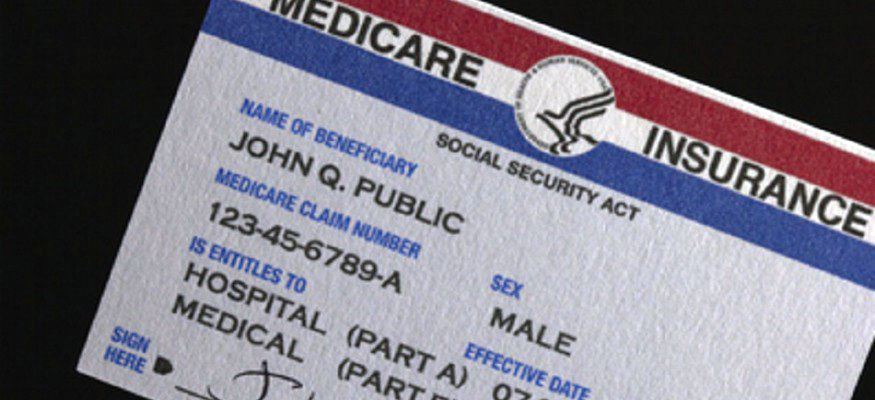UPDATE: Medicare officials are delaying the mail out of the new Medicare cards to ramp up…

Medicare Change: Therapy Cap Limits and What it Means to You

The hard cap on outpatient physical, speech and occupational therapy under Medicare Part B is no more. Congress ended the two-decade long battle of making exceptions for therapy cap limits when the new federal budget passed in early February of this year.
Currently, Medicare beneficiaries will no longer have to worry about receiving medically necessary services that go over the previously set cap limit.
“Our profession has faced many challenges over the years, and there will be more ahead,” said Amy Lamb, President of the American Occupational Therapy Association, in a press release.
“For today, we must celebrate the end of a senseless policy that threatened the health and well-being of Medicare beneficiaries and our profession for 20 years.”
Medicare beneficiaries who needed outpatient therapy services were subject to a hard cap of $2,010 in 2018. That hard cap will now be replaced by a targeted medical review when services reach $3,000.
The Medicare law limited how much beneficiaries received for medically necessary outpatient therapy services during one calendar year.
Those limits were known as therapy caps or cap limits.
For individuals with original Medicare and a Supplemental policy, with the Part B deductible baked into the premium, Medicare would pay its 80% and your supplement would pay the remaining 20%. Medicare would pay its share until the total amount paid by both you and Medicare would reach the cap limit.
Anything over that cap, you would’ve then needed to pay for.
You could qualify for an exception to the cap if you were receiving medically necessary therapy services that went over the limit, and that would have been done through your therapist and Medicare.
Today, beneficiaries do not have to worry about cap limits and going through extra hoops to get the medically necessary treatment they need.
The basic idea is this: outpatient therapy under Medicare had a $2,010 cap limit for 2018 and anything over that you would have needed to file for an exception if it was medically necessary. With this new reform, when therapy services reach $3,000 they are subject to a targeted medical review to continue treatment.
Keep in mind, that this is an original Medicare rule that has changed this year.
Most new Medicare beneficiaries are enrolled in a Medicare Advantage program (Part C), and it is not yet known how this change will be implemented and interpreted by these Medicare Advantage programs.
For now, we would assume there is no consumer-facing-change for individuals on a Medicare Advantage plan, as there are limits for these therapies.
However, there could be additional cost savings this year if you are enrolled in these kind of plans for 2018, and we should see these changes have a positive impact for 2019 Medicare Advantage plans.
To stay updated as more information is released about this Medicare update, subscribe to our FHK VIP list, follow us on Facebook and check out our blog.
